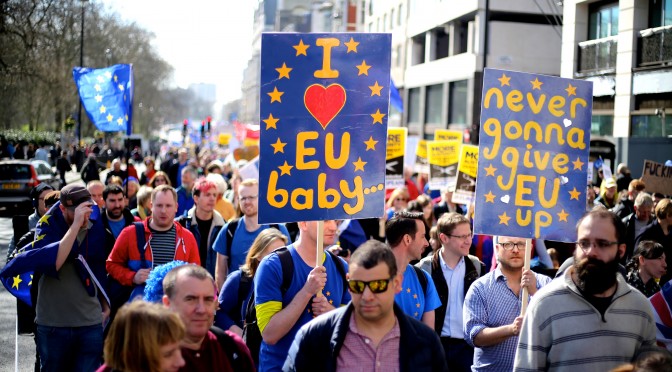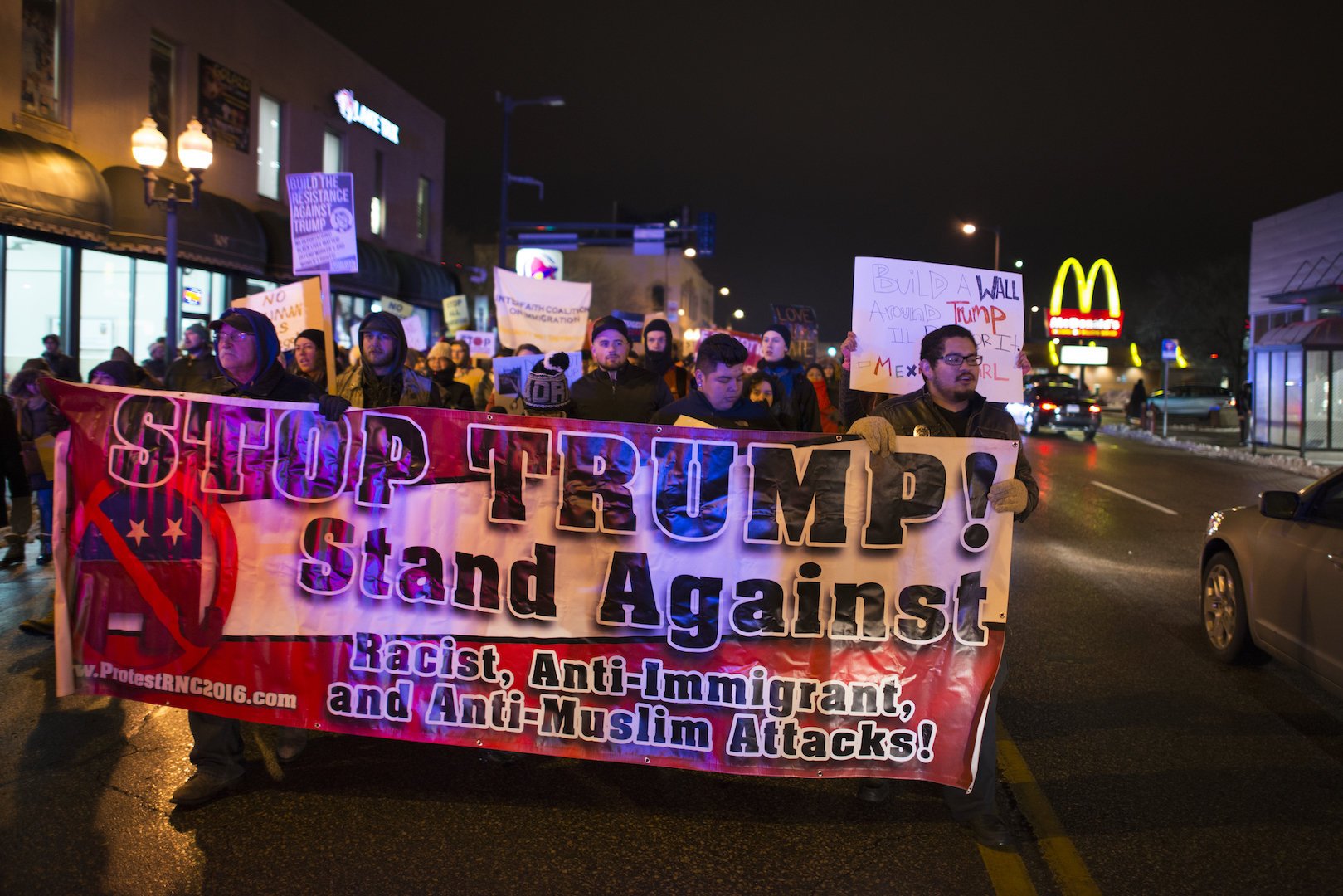Emily Soon is a PhD candidate researching how early modern writers across a range of literary genres perceived the East Indies (principally, China, India and Southeast Asia) in early modern England. This blog was originally posted on Currently @ King’s.
International trade hurts local communities. It causes economic hardship at home and destroys the environment, while the culture of consumerism it fuels is destroying our values and way of life.
Similar sentiments to these recur across the media today: this so-called backlash against globalisation is said to have contributed to Brexit and the rise of Trump, and to have transformed the shape of political movements across the world. This pent-up frustration seems to be quintessentially twenty-first century, the disillusioned rant of a world no longer charmed by the siren song of free trade and borderless commerce.
And yet, the sentiments I began with are taken not from a present-day party political tract, but from a play written almost 400 years ago. While William Mountford’s amateur dramatic effort, The Launching of the Mary: Or the Seaman’s Honest Wife (ca. 1632-3), may not be able to rival the plays of William Shakespeare or Ben Jonson – for a start, we do not know if the single handwritten text held in the British Library archives was ever performed – it does encapsulate, poignantly, the profound anxieties that have long attended the idea of international trade. Continue reading Lessons in global commerce (from an early East India Company employee)



